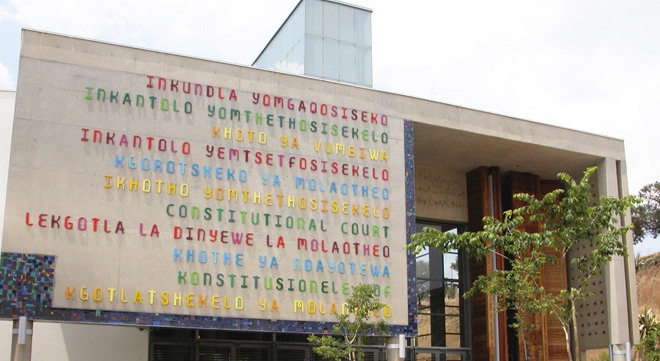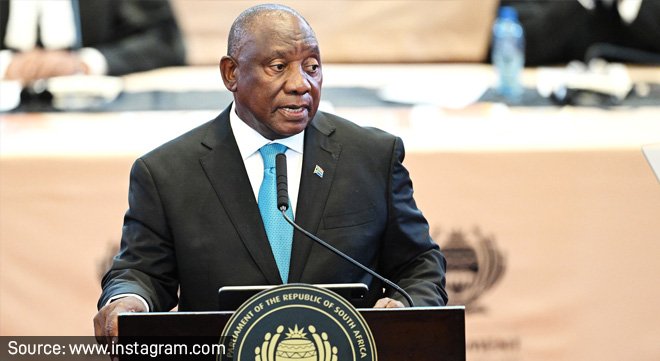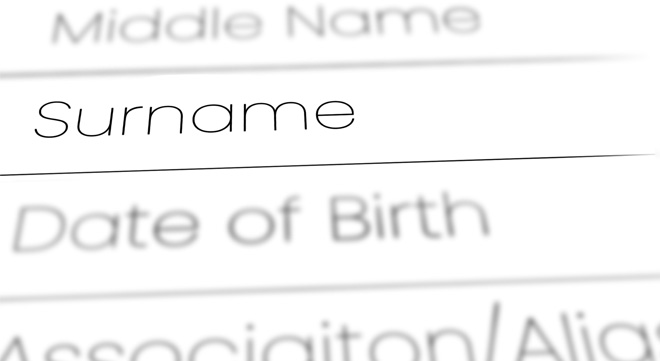
ConCourt clarifies high bar for constructive dismissal claims
Employees cannot resign based on anticipated workplace changes and claim constructive dismissal. Intolerability must be proved – and internal remedies must be exhausted first.

Employees cannot resign based on anticipated workplace changes and claim constructive dismissal. Intolerability must be proved – and internal remedies must be exhausted first.

Just a year after the Constitutional Court barred post-agreement interest remission in voluntary disclosure cases, Treasury proposes legislation to allow it.

The Pretoria High Court formalises an agreement between the Presidency and NHI opponents to stay ongoing court proceedings.

The President undertakes not to bring any provisions of the NHI Act into force until the Constitutional Court rules on two cases.

Organisations engaged in litigation to oppose the NHI Act respond to Finance Minister Enoch Godongwana’s appeal for a compromise.

Antenuptial contracts signed after a customary marriage but before a civil ceremony are invalid without the section 21 process.

The Court replaces the restrictive ‘exceptional circumstances’ test with a flexible ‘good cause’ standard, creating new forum-choice opportunities.

The business group says the proposed stay will shield the Act from judicial review while allowing implementation to continue.

The Constitutional Court has struck down parts of the Basic Conditions of Employment Act and UIF Act, finding that current provisions unfairly discriminate between mothers, fathers, and adoptive and surrogate parents.

Employers, banks, insurers, and other identity-verifying bodies must accept surname assumptions by any spouse and update onboarding and benefits procedures accordingly.

The proposal restricts the ‘bona fide inadvertent error’ defence under the understatement penalty regime to cases where the tax shortfall is a ‘substantial understatement’.

Dependency is assessed at the member’s date of death, and trustees must conduct active investigations and apply a principled equitable allocation process.

The Adjudicator breached audi alteram partem by making adverse findings about a Fund’s investigation without giving it a substantive opportunity to respond.

The Constitutional Court rules that whether someone qualifies as a dependant must be determined as at the date of a retirement fund member’s death, not when the fund decides how to distribute the benefit.

The Constitutional Court finds that a fund relied on unverified, one-sided information and failed to establish the extent of factual dependency.

The General Laws (Family Matters) Amendment Bill will empower the courts to order fair asset transfers in marriages out of community of property without accrual.

The Constitutional Court declares invalid the section of the South African Citizenship Act that automatically revoked citizenship upon acquisition of another nationality.